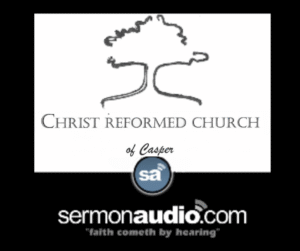The Joy of Prayer
When we come before God in prayer, it ought to be with a deep sense of honor and privilege. It is easy to take this for granted and for our prayers to become rote and routine. But we come before the King of kings, into His very throne room, with the promise that He will surely hear the prayers that are brought in the name of His Son, Jesus Christ. This is a tremendous honor that He has given us. In ancient times, the common people would very rarely, if ever, have any chance to go before the king or the emperor with their petitions;Read More →

